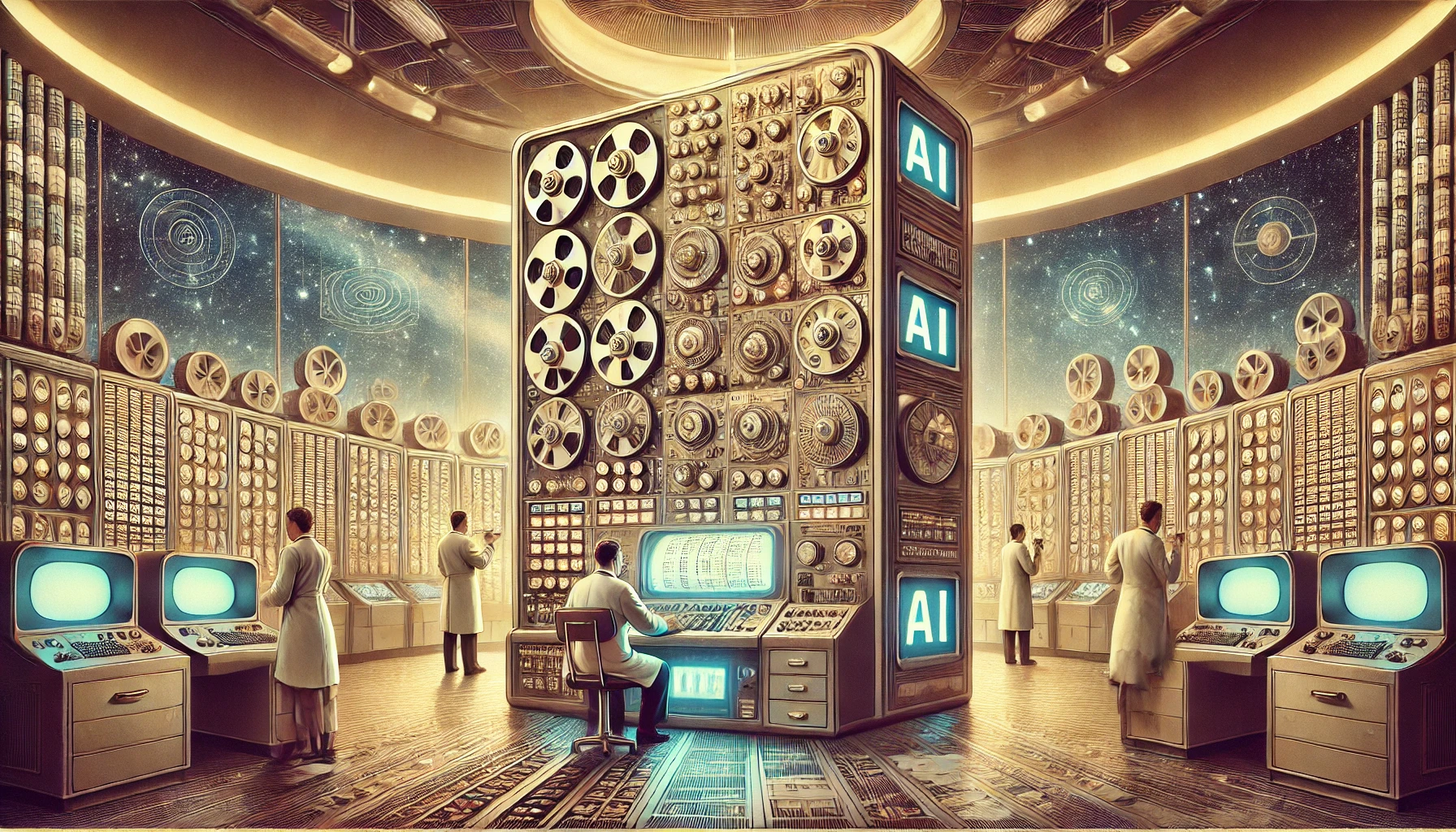What if artificial intelligence (AI) could unlock the secrets of aging and help us Gen Xers live longer, healthier lives? That’s exactly what the Stargate Project is trying to do. This massive initiative—backed by tech giants like OpenAI, Oracle, and SoftBank—is building super-powered AI data centers across the U.S. to fuel groundbreaking medical advancements.
While this might sound like something out of a sci-fi movie, it’s actually happening. And if it succeeds, it could change the way we think about health, disease, and even aging itself.
Here’s what you need to know about this ambitious project and what it could mean for you.
What Is the Stargate Project?
The Stargate Project is a $500 billion effort to build a network of AI-powered data centers—essentially supercomputers on steroids. These aren’t your average cloud storage centers. Instead, they will be designed to handle some of the most complex calculations ever attempted, especially in the field of medicine and longevity research.
The goal? To give AI the computing power it needs to solve some of humanity’s biggest health problems—starting with aging.
How AI Could Help Us Live Longer
Right now, AI is already making waves in healthcare. It can scan medical images faster than doctors, predict disease risks based on your genetics, and even help design new drugs. But AI still has limits because it needs enormous amounts of processing power to work at full potential.
Stargate’s data centers will remove those limits. Here’s how that could impact you:
- Early Disease Detection: AI could analyze blood tests and spot diseases like cancer before they even cause symptoms.
- Custom Health Plans: Imagine a healthcare program tailored specifically to your body, based on your DNA, blood work, and lifestyle.
- New Drugs, Faster: AI-powered research could cut down the time it takes to develop life-saving drugs from decades to just a few years.
- 3D-Printed Organs: Scientists are working on AI-assisted bioprinting to create lab-grown tissues and organs—potentially eliminating the need for transplants.
In short, this technology could help us prevent diseases, treat illnesses more effectively, and maybe even slow down aging itself.
Who’s Behind It?
Three big names in tech and business are leading the charge:
- Sam Altman (OpenAI): He’s been investing in anti-aging startups and believes AI will cure diseases at an unprecedented rate.
- Larry Ellison (Oracle): His company is using AI to revolutionize medical records and improve cancer detection.
- Masayoshi Son (SoftBank): He’s betting big on biotech and AI to transform healthcare.
Unlike companies focused on defense or surveillance, these leaders seem genuinely interested in using AI for medical breakthroughs. That’s an encouraging sign.
A Faster Path to Medical Breakthroughs
One of the most exciting things about Stargate is how it could speed up medical research. Right now, AI is already outperforming human doctors in some areas—but its potential is bottlenecked by limited computing power.
With Stargate, AI will be able to:
- Analyze massive health datasets to uncover patterns in diseases like Alzheimer’s and cancer.
- Simulate and test new treatments virtually, reducing the need for lengthy human trials.
- Make healthcare more affordable by cutting research and treatment costs.
Think of it this way: Instead of waiting years for medical advancements, we could start seeing big breakthroughs in just a few years.
Making AI-Powered Healthcare Available to Everyone
This project isn’t just for Big Pharma or billion-dollar corporations. Stargate is designed to help small businesses, entrepreneurs, and independent researchers bring innovative health solutions to the market.
If you’ve ever had a brilliant idea for a health-related app or product but didn’t have the resources to develop it, Stargate could provide the computing power needed to test and refine it.
This could open the door for personalized health solutions that put more control in our hands.
What This Means for the Future of Healthcare
AI has the potential to slash healthcare costs by reducing the burden of chronic diseases, which currently consume 90% of U.S. healthcare spending ($3.7 trillion per year!).
If AI can prevent diseases before they happen, we could save trillions of dollars—freeing up resources for other priorities like clean energy, education, and infrastructure.
That’s why the Stargate Project is more than just a tech initiative—it’s a game-changer for public health and the economy.
Final Thoughts: A New Era for Health & Longevity?
The Stargate Project is still in its early stages, but it could reshape medicine in ways we never imagined.
- AI could help us live longer, healthier lives.
- Early disease detection and personalized treatments could become the norm.
- Medical breakthroughs could happen in years instead of decades.
- Healthcare could become more affordable and accessible.
Of course, there are still big questions to answer—who controls this technology, how it will be used, and whether it will truly be available to everyone.
But one thing is clear: AI and longevity science are about to change the world. And we’re just getting started.
So Gen x, would you trust AI to help manage your health? Let me know your thoughts in the comments!




Leave a Reply